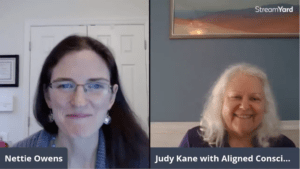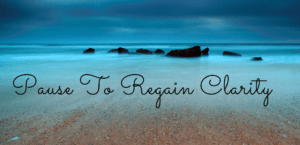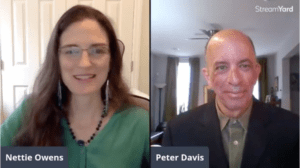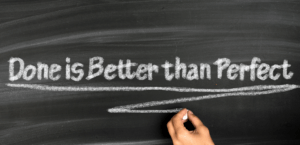Possessions or Possession?
As Americans, we live in a society that puts a huge emphasis on possessions. Whether it’s advertisers telling us that we should have more, or trends and movements that encourage having less, there is always someone telling us that possessions, or the lack of them, are what define us. In a sense they do, in that we all have things that we love and things that we feel represent our place in the world and in history. Finding the balance is simple for some people, but most people struggle, in one way or another. In a culture where those with much appear blessed and those with little are encouraged to covet, we have seen entire industries develop around what to do with what we have, and how to get what we want. Are we in control of our acquiring, maintaining and disposing of possessions, or do our possessions possess too much of us?
Check this out: Children around the world with their most prized possessions.
We all have that friend that has it all together. Her house is guest-ready anytime anyone knocks on the door. She manages her time, schedules, family and outside events flawlessly, and she is always the one everyone goes to when something needs doing. Heck, even her car is clean.

Copyright: skdesign / 123RF Stock Photo
The question of how she does it may not be as important as why. Yes, her house is immaculate, but how well do you know her? She could have a mental health issue like anxiety or OCD. She may be living with a bullying or abusive husband, who requires a spotless environment and is never pleased. She may have been raised with little affirmation, and is looking for approval through her home and family. She doesn’t have stuff lying around, her laundry is always caught up, the dishes are done and the bed is made, but why? Does she keep her house the way she does because she enjoys making a home and having a system, or does she feel like the home controls her? Does she plan her day and time around whether or not the house will suffer, or whether things will not be as she thinks they should? Would she be happier in a simpler environment with less to worry about?

Copyright: joebelanger / 123RF Stock Photo
On the other hand, of course, there is the “Clutter-bug”. That person who keeps trying but just can’t find the right locations for all their possessions. In the case where there is a place for everything, they can’t seem to get things back where they go. This person has an open and spontaneous personality, and probably is the one that you can count on for a fun get-together playing cards or watching a movie. While the home seems a lot more relaxed, this friend still apologizes for the state of things when you come to the house. She usually has great plans for getting organized, and talks about what she would like to do “someday”. She recognizes that things could be a lot neater and better organized, and wants it to be so, but is stymied by the actual process. This person is also controlled by her possessions, but in a different way. She spends an inordinate amount of time planning, wishing, and apologizing for the clutter and chaos; time that could be spent actually doing something to remedy it. It occupies her thoughts and makes her unhappy, but it never seems to change.
There is no magic solution to either of these extremes or to any situation in between that deals with an attachment to stuff. The only way to have lasting peace and to develop the proper perspective toward what we own is to learn and practice detachment, the practice of assigning the appropriate level of importance to the things in our lives. There are some people who have many possessions but always seem to be able to use, maintain and dispose of them with the attitude that it’s just stuff and you can’t take it with you. They aren’t wasteful or disrespectful of resources, but they also know that if something is worn out, broken, or has become useless to them, they can let it go and be free of it. There are also people who have chosen a life of simplicity and in some cases austerity. They know that having too much to take care of and think about is disturbing to the peace that they need to cultivate in order to be truly happy and focused on the things that are most important.

Copyright: stockbroker / 123RF Stock Photo
When people become absorbed in the pursuit of material possessions, that pursuit interferes with the pursuit of true happiness. Isn’t it ironic that in a wealthy country that was founded on the principle that happiness should be attainable for all, so many people are so very unhappy, often because of what they have accumulated with that wealth? In the quest for true happiness and peace we would do well to cultivate relationships that “fill up” that space inside that we try to satiate with possessions. Whether it is a deeper spiritual connection to God, a closer bond within our family, or friends that truly know and value the person that we are, healthy relationships bring us to a place of acceptance of ourselves, with or without material possessions. We are not truly loved for what we own, we are truly loved for who we are. In relationship with others, we gain self-awareness and self-possession. We can let go of the things that are weighing us down, as we discover what really lifts us up.














No comments yet.